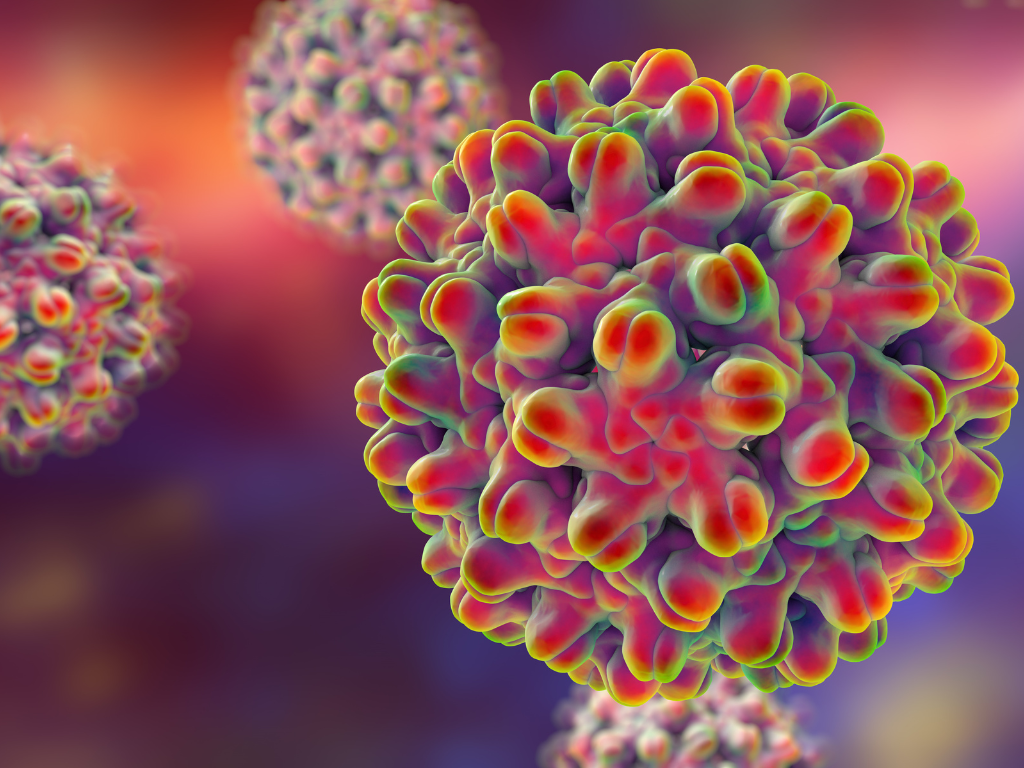How are STIs transmitted?
Sexually Transmitted Infections (STIs) spread via sexual contact and are not limited to penetrative sex. Any sexual interaction including oral sex, anal sex, contact with genitals, or bodily fluids, puts you at risk of getting an STI.
Some STIs only have minor symptoms, while others may not present with any symptoms at all during the early stages. Many do not cause any issues, but certain STIs can lead to serious health complications. To ensure that your well-being is not compromised, and to prevent the further spread of STIs, it is important to recognise the signs of infection and go for regular STI screenings at an accredited clinic in Singapore.
Below are the 4 signs you might have an STI. If you're experiencing one or more of the symptoms below, visit a doctor or an STI clinic for an STI screening.
Book your STI screening appointment at Thomson Medical today.
1) Painful urination
Burning, stinging, or pain during urination, is a symptom of common STIs like gonorrhoea and chlamydia. This sensation is caused by an infection of the urinary tract and affects both men and women. For gonorrhoea, symptoms generally appear 1 to 10 days after infection while for chlamydia, the window is around 1 to 3 weeks. For both STIs, no symptoms may occur in some cases.
Painful urination may also be due to other issues such as diverticulitis, prostate diseases, or as a side effect of medications. If you experience painful urination, it is critical to seek medical attention promptly and get a proper diagnosis.
2) Unusual vaginal discharge
Abnormal vaginal discharge can be caused by a number of different conditions including yeast infections, bacterial vaginosis, menopause, or STIs. Many of these underlying causes are not life-threatening, but STIs can spread to the uterus, ovaries, and fallopian tubes which can lead to infertility. In very rare cases, brownish or blood-tinged vaginal discharge can also be a sign of cervical cancer.
Unusual vaginal discharge is absolutely concerning and you should get STI testing done if you notice any changes and if you think you could be at risk.
3) Changes in penile discharge
Changes in typical penile discharge is most likely due to sexually transmitted infections. This is especially true for men under 35, as they are less at risk for other conditions which could be responsible for it.
Penile discharge from sexual arousal or intercourse is normally whitish-gray with a jelly-like texture and should not be painful or cause discomfort. The symptoms include discoloured, foul smelling, or oozing discharge, discharge that occurs outside of sexual activity, or redness and irritation of the penis itself.
4) Pain during sexual intercourse
Pain during sexual intercourse is an unpleasant experience and can be a taboo subject for both men and women. However, it could be a sign of a serious health problem and requires thorough medical assessment.
A number of STIs like genital warts, gonorrhoea, chlamydia, herpes, trichomoniasis, and syphilis can all contribute to pain during sex. This is partly due to the fact that STIs can result in local swelling, irritation, discharge, or painful sores and blisters. Given how serious any cause of pain during sex can be, you should never ignore the symptoms and always go for STI screening at a designated clinic if you suspect you may have an STI.

Many STIs today are very treatable with the right medical interventions, especially if detected in the early stages. Bacterial and parasitic infections can be cured with antibiotics while viral STIs can be managed. Without treatment, STIs can lead to organ damage, infertility, certain cancers, and even death.
While some patients may ignore their symptoms and avoid seeing a doctor out of fear or embarrassment, rest assured that medical professionals are trained in dealing with these situations. All patient information is confidential and your case will be handled with discretion. Some STIs also present with no noticeable symptoms and the best way to safeguard your health against them is to get screened for STIs if you think you may have been exposed to one, or if you have recently changed partners.
At Thomson Specialist Skin Centre, our panel of highly experienced dermatologists is trained in the diagnosis and management of sexually transmitted infections. Contact us today to learn more about our services and schedule an appointment with us.
Dr Tan Hiok Hee
Dermatology (Skin)
Thomson Specialist Skin Centre (Novena Specialist Center)
English, Mandarin
.png%3Fbranch%3Dprod&w=640&q=75)
